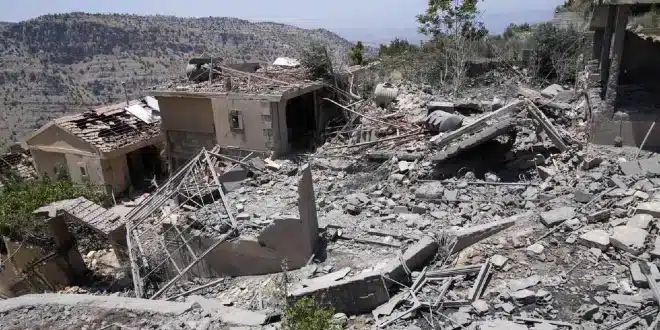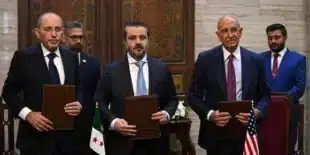A senior U.S. official has warned that a full-scale war between Israel and Hezbollah in Lebanon could lead to “catastrophic and unforeseen consequences,” speaking at the Middle East America Dialogue (MEAD) summit in Washington.
The official cautioned against the assumption that war would easily dismantle Hezbollah’s missile capabilities, stressing that such conflicts are far from simple. “There is no magic solution,” the official said, adding that both sides could face serious losses, and Israel might not fully achieve its goals. He emphasized that diplomatic solutions should be pursued instead of military action to address rising tensions on the Israeli-Lebanese border.
Highlighting the complexity of the situation, the official noted that real-life conflicts have unpredictable outcomes, with the potential for significant civilian casualties and damage to infrastructure on both sides. He also pointed out that in the event of war, the international community would likely step in to broker a peace agreement similar to what could be negotiated now.
The remarks came during a two-day conference led by former U.S. officials Dennis Ross and Elliot Abrams, and former ambassadors to Israel, Tom Nides and David Friedman.
Former Israeli war cabinet minister Benny Gantz, speaking at the same event, stated that Israel needs to shift its attention from Gaza to the Lebanese border. He warned that without a ceasefire and hostage agreement with Hamas, a conflict with Hezbollah—backed by Iran—may be inevitable.
While Gantz and other Israeli leaders see military action as essential to ensuring the safety of evacuated residents from northern Israel, the U.S. official cautioned that such a war could result in many civilian deaths and leave countless people without homes to return to. Still, the official recognized Israel’s position of intolerance toward Hezbollah’s proximity to its border, especially following the October 7 attacks by Hamas.


